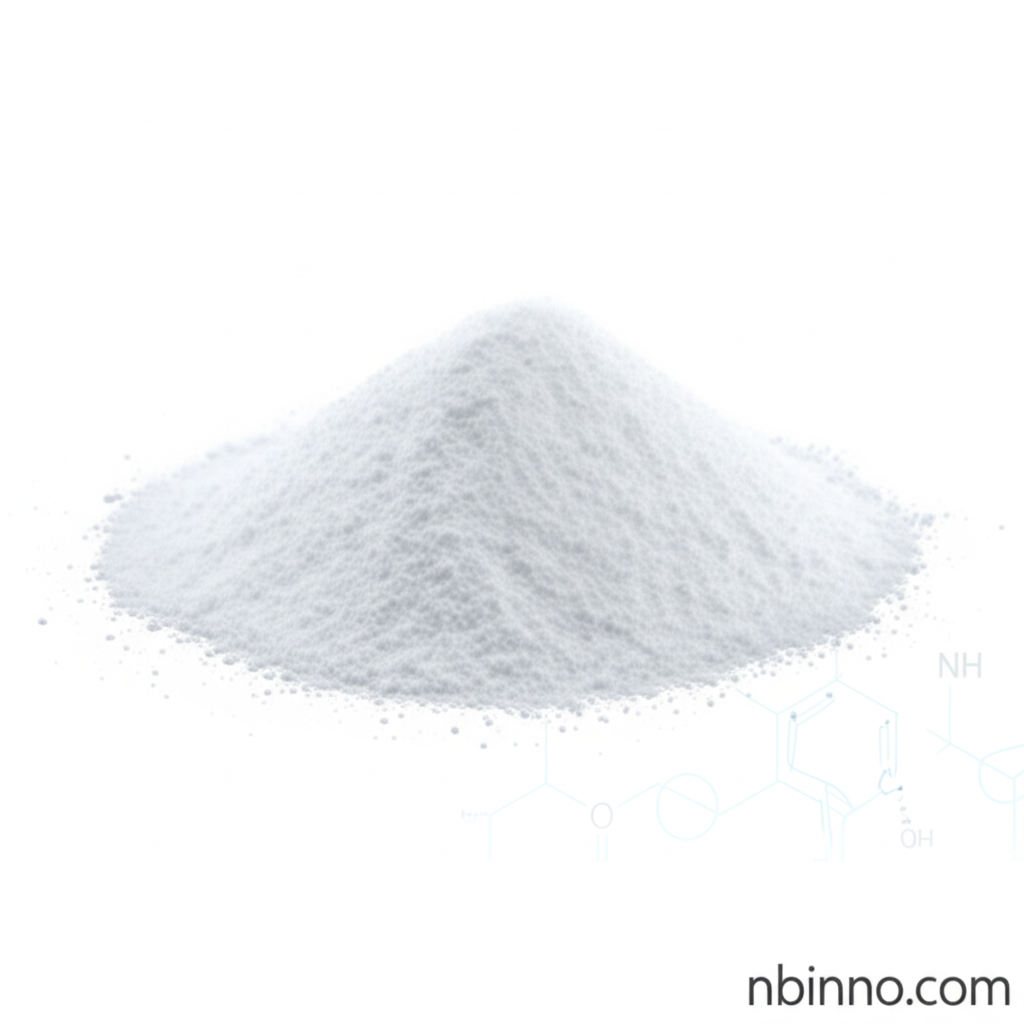Unlock Your Skin's Natural Glow with Melanotan II
Discover the science behind enhanced tanning and explore the potential of peptide-based skincare solutions.
Get a Quote & SampleProduct Core Value

Melanotan II
Melanotan II is a synthetic peptide known for its ability to stimulate melanin production, enabling users to achieve a deeper, more natural-looking tan with significantly less sun exposure. It's a groundbreaking approach to skin pigmentation.
- Explore how melanotan ii peptide skin tanning works by mimicking natural hormones.
- Understand the benefits of melanotan ii, including enhanced libido and potential appetite suppression.
- Learn about the crucial melanotan ii side effects and melanotan ii risks for informed use.
- Get insights into safe melanotan ii dosage and research surrounding its applications.
Key Advantages
Accelerated Tanning
Achieve your desired skin tone faster, reducing the time and cumulative UV exposure needed for tanning, a benefit explored in tanning peptide injections research.
Reduced UV Damage Risk
By boosting melanin, Melanotan II offers a layer of protection, potentially lowering the risks associated with prolonged sun exposure, a key consideration for skin health.
Dual-Action Benefits
Beyond tanning, users report effects on sexual function and appetite, highlighting the multifaceted nature of this synthetic melanocortin peptide.
Key Applications
Skin Tanning
The primary application for Melanotan II is achieving a controlled, deeper skin tan with less sun exposure, a growing interest in cosmetic dermatology.
Sexual Health Enhancement
Some research and anecdotal evidence suggest Melanotan II may have positive effects on libido and erectile function, making it a topic of interest in men's health.
Appetite Management
Users have reported appetite suppression, suggesting a potential role in weight management strategies, though this is an area requiring further scientific validation.
Skin Disorder Support
Originally developed to aid in treating certain skin conditions, its effects on melanin production are being studied for broader dermatological applications.
